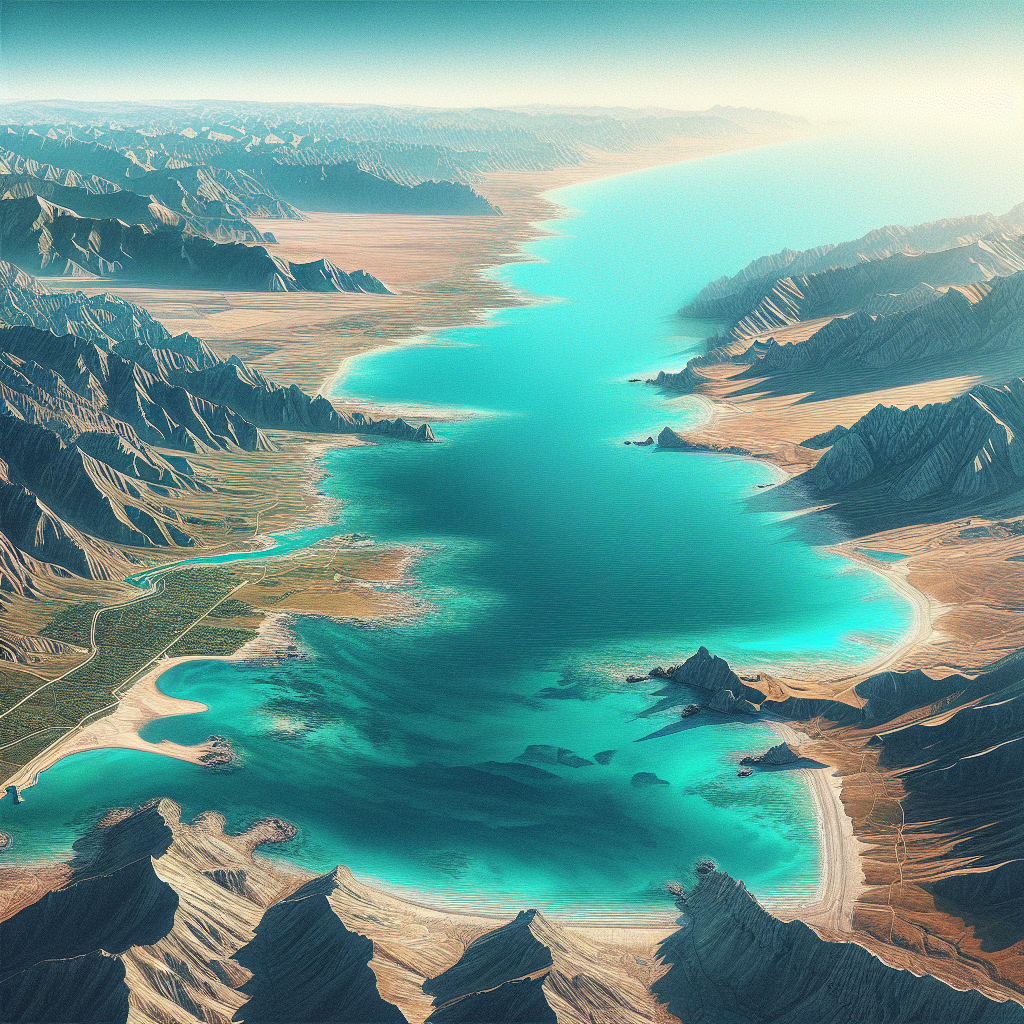Caspian Sea Crisis: A Call for International Cooperation and Action
The Caspian Sea is facing a serious decline in water levels, prompting urgent discussions at COP29 hosted by Azerbaijan. The drop threatens regional biodiversity, human health, and local economies. Iran's cooperation is crucial, yet geopolitical tensions complicate potential solutions. Experts stress immediate, coordinated regional action and diplomacy.

The Caspian Sea is experiencing a worrying drop in water levels as temperatures rise and inflows slow. At the COP29 summit, hosted by Azerbaijan, a regional plan is in the works to address these challenges. However, Iran's participation, essential for the plan's success, remains uncertain due to geopolitical tensions.
Scientists note the sea has lost 1.5 meters over 25 years, with projections suggesting a further 14-meter decline this century. This has raised salinity levels, imperiling plants, animals, and human populations dependent on the sea for resources. The situation draws parallels to the Aral Sea's demise, sparking public health concerns and potential displacement.
While diplomacy is deemed vital, Iran's non-engagement with climate change initiatives poses additional hurdles. Environmental experts suggest the urgency for collaborative efforts as an oversupply of pollutants and dam construction continues to deplete crucial freshwater resources.
(With inputs from agencies.)
ALSO READ
Global Leaders Steer Clear of COP29 Amid Political Shifts
Major World Leaders Opt Out of COP29: What It Means for Global Climate Talks
Von der Leyen Skips COP29 for Crucial EU Duties
Absent Leadership: Von der Leyen Skips COP29
Nuclear Power Gains Momentum: COP29 in Baku to Showcase Role of Nuclear Energy in Global Net-Zero Future










